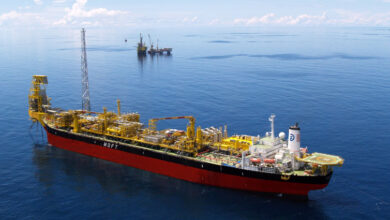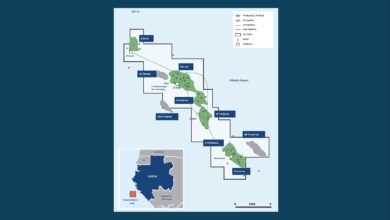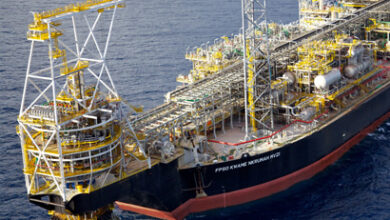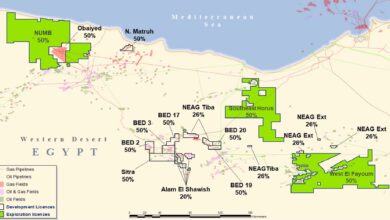Drilling Conference presentation to discuss findings from IADC shale drilling workshop
By Katherine Scott, editorial coordinator
The industry should be more community-minded and engage in more open dialogue with the public when it comes to development of shale resources, participants concluded at the IADC Shale Drilling Technology and Challenges Workshop early last year. This and other workshop findings will be presented at the 2012 IADC/SPE Drilling Conference and Exhibition in San Diego on 8 March. Sponsored by the IADC Advanced Rig Technology (ART) Committee’s Future Technology Subcommittee (FTS), the workshop’s goal was to educate the industry regarding existing technologies and to discuss potential solutions to challenges.
“Technologies enabling efficient shale developments have obviously revolutionized the North American E&P scene and promise to have similar impact globally. This workshop was critical in bringing to the forefront some of the leading technologies and emerging practices to enable development of this important resource,” said IADC group VP and publisher Mike Killalea, who is a co-author on the paper IADC/SPE 150971. Seadrill Americas technical superintendent Dustin Torkay, who serves as FTS vice chairman, will lead the paper’s presentation in San Diego.
IADC’s shale workshop, held on 25 January 2011, encompassed four sessions on operator and contractor perspectives on shale drilling, social aspects of urban drilling and its effect on the industry, technologies for urban and shale drilling, and a roundtable discussion. Each session resulted in conclusions that fed the larger understanding of how to advance shale drilling technology.
In the social aspects session, Gene Theodori, professor of sociology at Sam Houston State University, spoke about the need for industry to look deeper at how it’s perceived by the general public. He addressed the public’s view of the industry and the potential problems related to shale gas development. Using the phrase “public paradox,” Mr Theodori explained that the public likes and appreciates the economic and service-related benefits of E&P development but distrusts the industry and dislikes many of the problems associated with development.
The shale workshop was the second in a series of IADC’s planned workshops to address technology needs that were identified in a survey conducted by the ART Committee in 2009. The Rig Condition Monitoring workshop was held on 19 June in Houston.
The ART committee will continue to host additional workshops, including a joint event with the SPE Drilling Systems Automation Technical Section (DSATS) on 5 March in San Diego. The session will address advancing automation in well construction by learning from the experiences of other industries. Another workshop, “Drilling Advances Today & Tomorrow,” will be held on 12 June in conjunction with IADC World Drilling 2012.
Read about presentations made at the 19 June Rig Condition Monitoring Workshop:
Condition monitoring calls for drilling contractor, OEM collaboration
From passive to proactive, condition monitoring gives rig operators advance warning of failures




